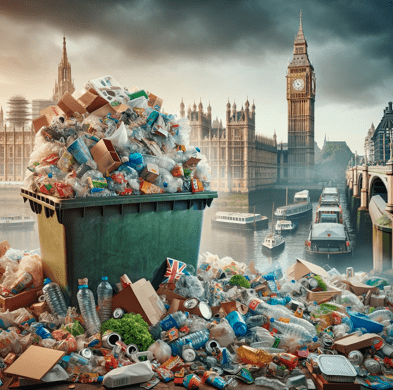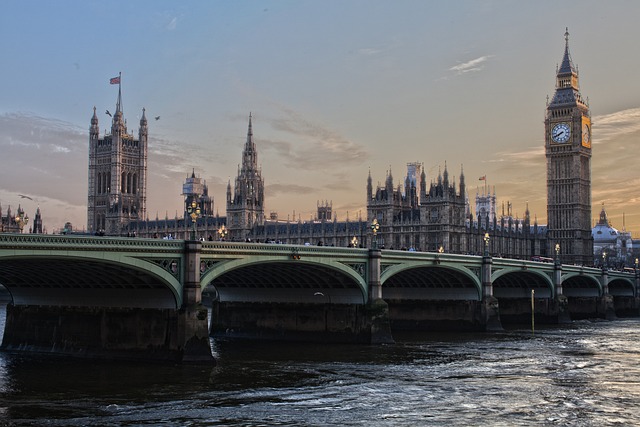
英國的廢物處理和管理系統十分複雜,涉及到多方面的利益攸關者,包括地方政府、廢物管理公司和政府。
垃圾回收:廢物管理流程的第一步是回收。地方政府負責從其轄區的家庭和企業中回收廢物。這通常包括定期回收一般家庭垃圾,以及分別回收可回收物和有機廢物。
分類和處理:一旦收集到廢物,便會運輸到分類和處理設施。這些設施負責分離不同類型的廢物,例如紙張、塑料和玻璃。有些廢物也可以被加工成肥料或能源。
掩埋場和焚化:不能回收或處理的廢物通常被送到掩埋場或焚化處理。掩埋場是廢物被埋在地下的地方,而焚化則是將廢物燃燒以產生能源。兩種方法都有環境影響,因此被視為最後的手段。
回收:回收是英國廢物管理過程中的重要環節。一旦廢物被分類,便會被運送到回收設施進行加工成新產品。近年來,英國在回收方面取得了重大進展,但仍有改進空間。
教育和意識:除了廢物管理系統本身,英國還投資於教育和意識宣傳活動,以鼓勵個人和企業減少產生廢物。這包括”減少、重複使用、回收”和”零廢棄”等活動。
總的來說,英國有一個相對全面的廢物處理和管理系統。然而,仍存在一些挑戰,例如減少送往掩埋場的廢物量和提高回收率。英國政府致力於解決這些挑戰,並制定了未來幾年減少廢物和提高回收率的目標。
The UK has a complex system for handling and managing the waste generated by its population. This system involves a range of stakeholders, including local councils, waste management companies, and the government.
- Collection: The first step in the waste management process is collection. Local councils are responsible for collecting waste from households and businesses within their areas. This typically involves regular collections of general household waste, as well as separate collections for recycling and organic waste.
- Sorting and Processing: Once waste has been collected, it is transported to sorting and processing facilities. These facilities are responsible for separating out different types of waste, such as paper, plastic, and glass. Some waste may also be processed into compost or energy.
- Landfill and Incineration: Waste that cannot be recycled or processed is typically sent to landfill or incineration. Landfills are sites where waste is buried in the ground, while incineration involves burning waste to generate energy. Both methods have environmental impacts and are therefore used as a last resort.
- Recycling: Recycling is a key part of the waste management process in the UK. Once waste has been sorted, it is sent to recycling facilities where it is processed into new products. The UK has made significant progress in recycling in recent years, but there is still room for improvement.
- Education and Awareness: In addition to the waste management system itself, the UK also invests in education and awareness campaigns to encourage individuals and businesses to reduce their waste generation. This includes initiatives such as “reduce, reuse, recycle” and “zero waste” campaigns.
Overall, the UK has a relatively comprehensive system for handling and managing waste. However, there are ongoing challenges, such as reducing the amount of waste sent to landfill and increasing recycling rates. The UK government is committed to addressing these challenges and has set targets for reducing waste and increasing recycling rates over the coming years.




